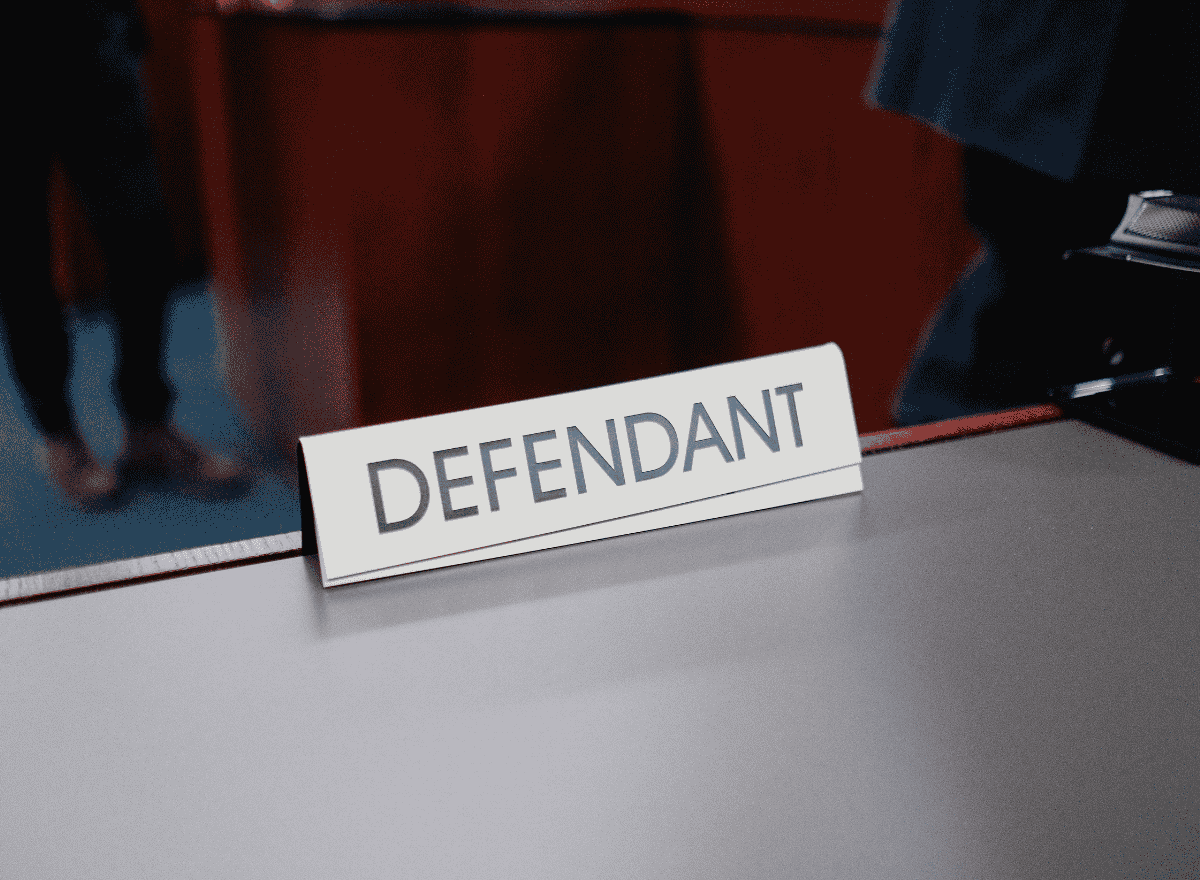Bhavish Aggarwal wants to get very rich
Enough and more evidence has surfaced to suggest that the co-founder of Ola might have crossed an ethical line or two in certain transactions.
24 June, 2020•9 min
0
24 June, 2020•9 min
0
Getting your Trinity Audio player ready...

Why read this story?
Editor's note: Some stories need to be told even if they are buried deep in the annals of history. In this particular case, buried deep in the documents filed by ride-hailing startup Ola and its subsidiaries with the Ministry of Corporate Affairs. It is best that we start at the very beginning. The year was 2015, and Ola had just raised a hefty $400 million, a fundraise that could have put most startups to shame. The company, valued at $2.5 billion following this transaction, had some of the biggest names in the world of tech investing on its cap table—from Russian investment firm DST Global and Japan’s SoftBank to American hedge fund Tiger Global and venture capital firm Accel Partners. That year, Ola (registered as ANI Technologies Pvt. Ltd) got a little bolder. It bought rival cab app TaxiForSure for $200 million. It launched a food delivery feature called Ola Café and ventured into grocery delivery with Ola Store. Rumours were strong that digital payments was the next milestone for the company and Ola went for it. In 2015, ANI Technologies acquired …
More in Internet
Internet
How India’s carpooling experiment ran out of road
Shared rides seemed tailor-made for India’s congested cities. Yet, economics, trust and regulation kept the idea from scaling.
You may also like
Internet
How India’s carpooling experiment ran out of road
Shared rides seemed tailor-made for India’s congested cities. Yet, economics, trust and regulation kept the idea from scaling.
Internet
It’s Getir founders vs Mubadala, once again
The founders of the Turkish company have filed a suit against the Abu Dhabi sovereign fund, proptech Stake has raised new millions and there is a new financial giant in town.
Business
Minus scooters, an empty gigafactory is squeezing Ola Electric dry
The company’s two-wheeler sales are evaporating. But its founder is reframing it as a necessary step to achieve profitability. All while trying to pivot towards becoming a company that sells lithium-ion cells instead of automobiles.






